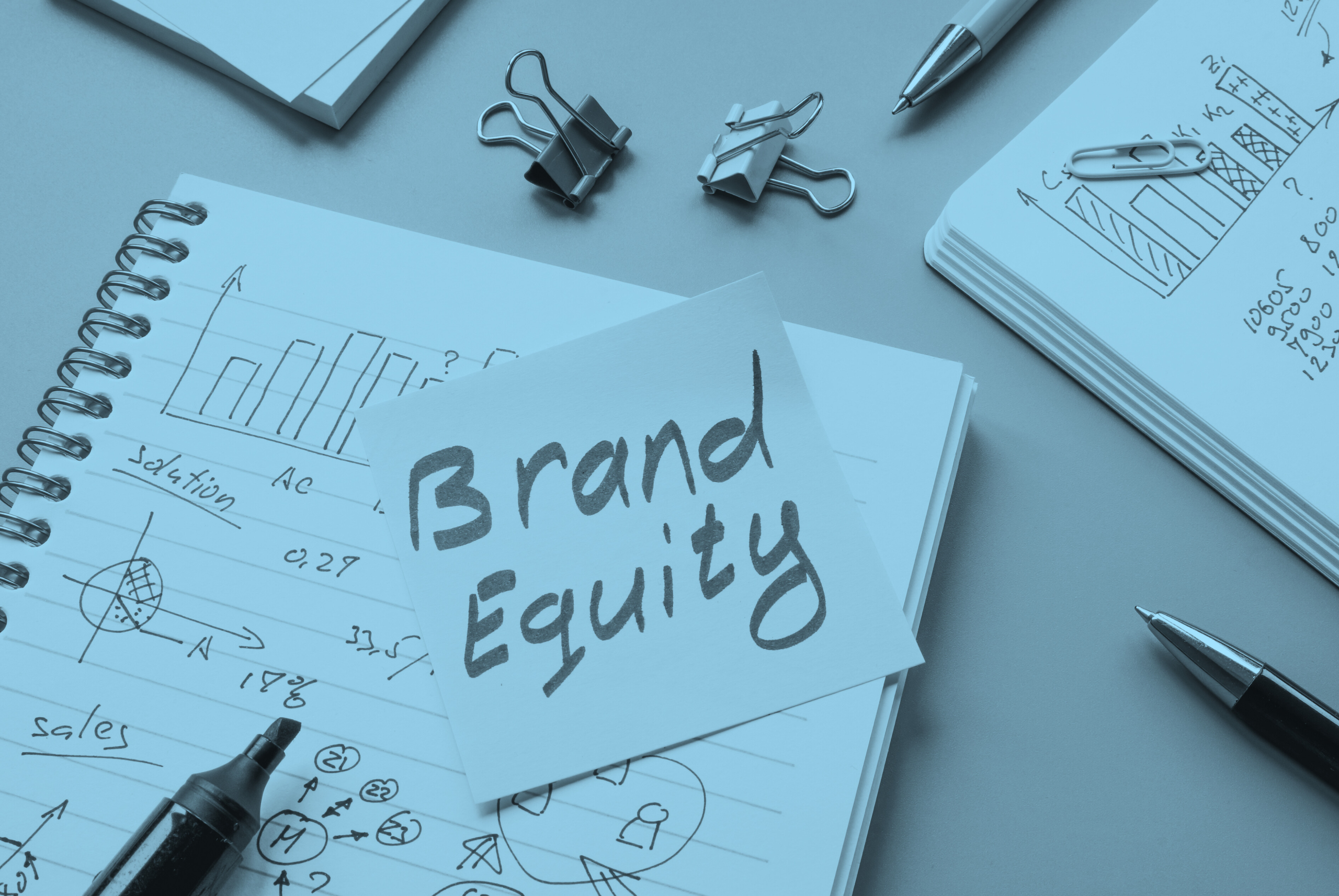Assessing Your Brand Tracker for ROI – Demonstrating Value and Results with the Right Brand Tracking Partner
59% of marketing leaders believe that CEOs do not understand the importance of brand building in revenue growth. Short-term pressures from senior leadership and sales teams will continue to dominate unless insights leaders can prove ROI on marketing spend, and demonstrate the connection between long-term brand building and sustainable business growth.
Fiona Blades elaborates, ‘We need to move away from relying on measures that aren’t necessarily impacting brand equity, outcomes and return on investment.’
Brand tracking will only help I&A leaders evidence the tangible ROI from marketing activity if their chosen vendor can:
- Focus on the right data and the right methods for your organization, aligning your brand tracking metrics and goals to departmental and business KPIs
- Measure the whole customer journey across channels to reveal increases in awareness, ad recall, purchase intent and consideration directly influenced by branding campaigns
- Serve as a true business partner by helping CMI teams communicate the dangers of a short-term focus and demonstrate to senior stakeholders how brand tracking works with, not instead of, short-term sales metrics.
The Coca-Cola Company partnered with Delineate to understand which brand communications and experiences were truly resonating with and influencing consumers.
Delineate has tracked over 2,000 consumer experiences across 1,000 campaigns in Coca-Cola’s 40 key global markets. Integrating always-on connectivity and live-stream data into a constantly updating dashboard readied The Coca-Cola Company to optimize campaigns in-flight. A standardized approach to data collection, asset management and reporting applied learnings at scale, leveraging only the most relevant consumer insights to drive both creative innovation and strategic decision-making globally.
Sylwia Borawska, Senior Insights Manager at The Coca-Cola Company reinforces, ‘It’s so easy to promote too much and erode your margin or brand equity. We need to be relevant as brands because that’s what people are still willing to pay more for: the right experiences, the right placement, the right occasion. Combining creativity with data is what catches attention. With Delineate, we don’t have to rely on surveys. We now have the ability to shape and adjust campaigns on the fly, enabling us to increase campaign effectiveness by 25%.’
How Salomon Translated Brand Value into Business Return from the Right Brand Tracking Partnership
Salmon partnered with Delineate to better understand the real impact of its global rebrand in historic and new territories.
Delineate’s always-on flexible tracking platform isolated the influence of Salomon’s brand and advertising investments across varied audiences. Robust daily sampling at both national and city level revealed the effect of the rebrand on global and local consumer attitudes.
Delineate’s analysis quantified the significance of Salomon’s Superbowl campaigns in increasing brand awareness. Daily data equipped Salomon to optimize brand campaigns in-flight, and actionable insights maximized the impact of ongoing brand advertising investment.
Yasmin Dufournet, Salmon’s Consumer Insights Director emphasizes, ‘Always on tracking is essential to better, closer consumer understanding. Insights into campaign performance as it happens ensures we stay ahead of the curve in an ever-evolving consumer landscape. Delineate’s methodology provided us with a revolutionary way to collect, analyze and react to our data, getting our learnings back at lightning speed for quicker and more informed decisions.’








